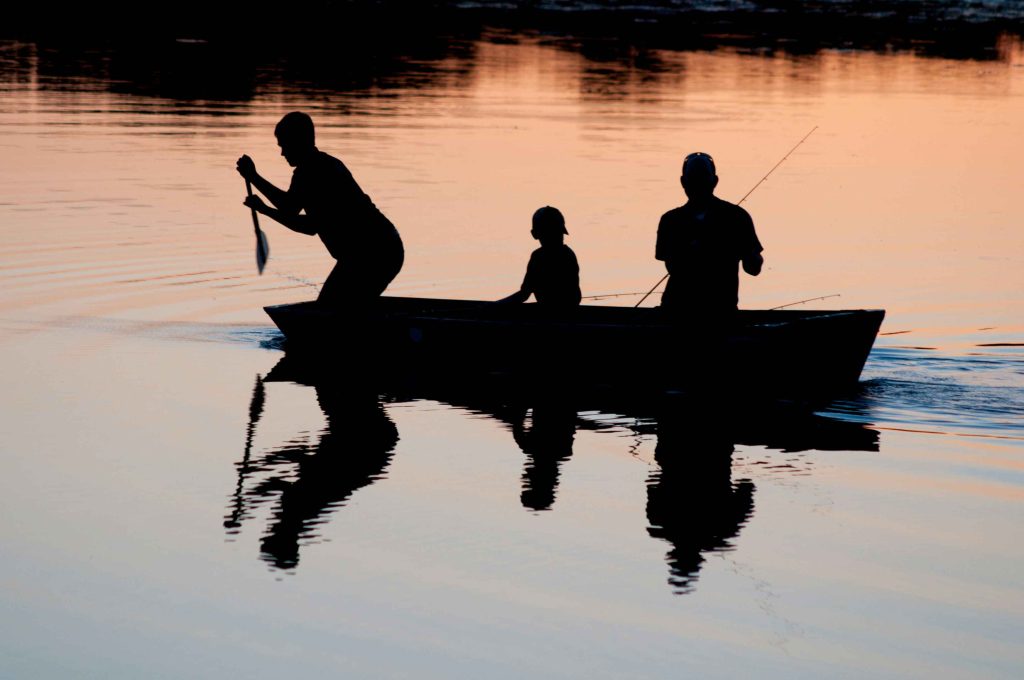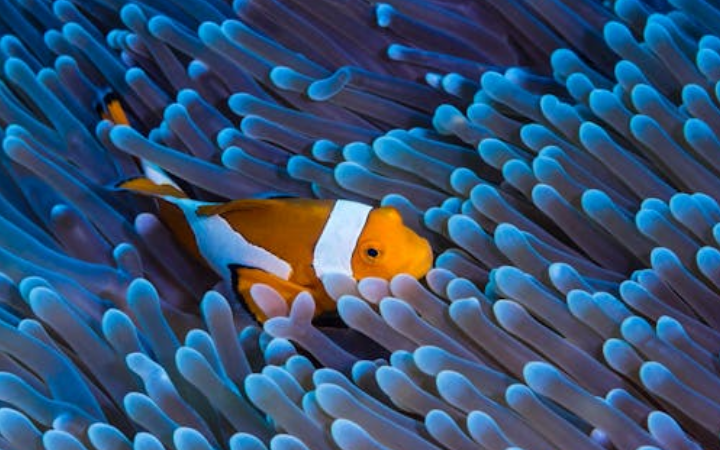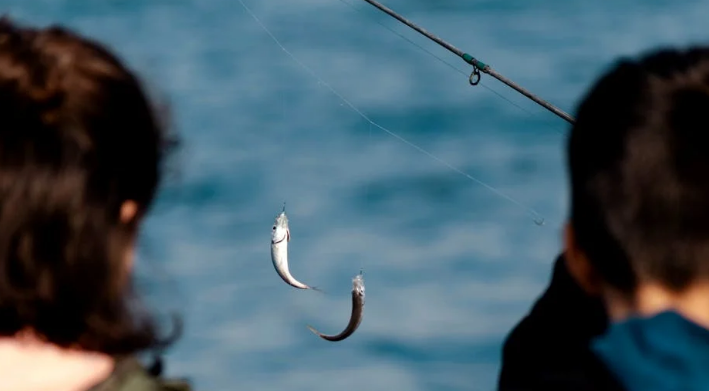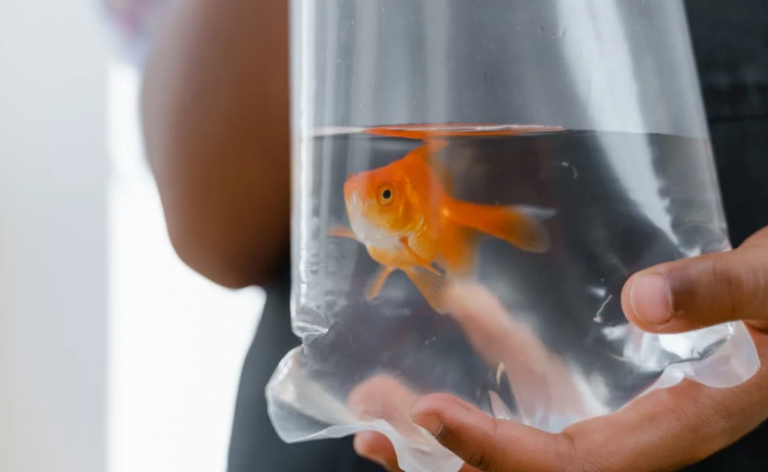Fishing is a popular activity enjoyed by many people around the world. It can be a relaxing hobby, a competitive sport, or even a way to provide food. However, fishing is governed by various rules and regulations to protect aquatic ecosystems and ensure sustainable practices. One such rule in some areas is the prohibition of using corn as bait. Why is Fishing with Corn Illegal? This article will explore why fishing with corn is illegal in certain regions, breaking down the reasons into understandable sections.
Environmental Impact of Fishing with Corn
Disruption of Natural Diets
Fish have specific diets that are crucial for their health and the balance of the ecosystem. Introducing corn into their diet can disrupt this natural balance. Corn is not a natural food source for most fish, and feeding them corn can interfere with their digestion and nutritional needs. This can lead to malnutrition and other health problems for the fish.
Non-Biodegradable Litter
Corn kernels do not break down easily in water. When anglers use corn as bait, any uneaten kernels can accumulate in the water, leading to pollution. This non-biodegradable litter can harm the aquatic environment, affecting not only the fish but also other wildlife and plants. Over time, this can degrade the quality of the water and the overall health of the ecosystem.
Health Concerns for Fishing with Corn
Digestive Issues
Fish are not adapted to digest corn properly. When fish consume corn, it can cause blockages in their digestive systems. This can lead to severe health issues, including internal damage and even death. Protecting fish health is a primary reason why some areas have made fishing with corn illegal.
Attraction of Non-Target Species
Using corn as bait can attract species that are not the intended target of the angler. This can disrupt local ecosystems by encouraging invasive species to thrive while native species struggle. This imbalance can have long-term negative effects on biodiversity and the health of aquatic habitats.
Legal and Ethical Considerations for Fishing with Corn

Regulation Compliance
Fishing regulations are put in place to ensure sustainable and ethical fishing practices. These laws are often based on scientific research and aim to protect fish populations and their habitats. In some regions, using corn as bait is illegal because it is seen as harmful to the environment and fish health. Anglers must comply with these regulations to avoid fines and penalties.
Ethical Fishing Practices
Ethical fishing involves respecting the environment and the creatures within it. Using bait that can harm fish or the ecosystem is considered unethical. Anglers are encouraged to use natural and safe bait options that do not pose a risk to fish or their habitats. By following ethical practices, anglers contribute to the preservation of aquatic ecosystems.
Alternatives to Corn as Bait
Natural Bait
There are many natural bait options that are safer and more effective than corn. Worms, insects, and smaller fish are commonly used and are part of the natural diet of many fish species. These options do not pose the same risks as corn and are more likely to attract the target fish.
Artificial Bait
Artificial bait is another alternative that is widely used in fishing. These baits are designed to mimic the appearance and movement of natural prey. They are often made from materials that do not harm the environment and can be reused, reducing waste. Artificial baits come in various shapes, sizes, and colors, making them versatile for different fishing conditions.
Conclusion
Fishing with corn is illegal in some areas due to its negative impact on the environment and fish health. Corn disrupts the natural diet of fish, causes digestive issues, and leads to non-biodegradable litter in aquatic habitats. Additionally, using corn can attract non-target species, causing further ecological imbalance. Legal and ethical considerations also play a role in prohibiting corn as bait. Anglers are encouraged to comply with regulations and adopt ethical fishing practices by using safer, natural, or artificial bait alternatives. By doing so, they help protect aquatic ecosystems and ensure sustainable fishing for future generations.
Fishing responsibly is crucial for maintaining the health of our waterways and the creatures that inhabit them. Understanding and respecting fishing regulations, including those concerning bait, is an essential part of this responsibility.



